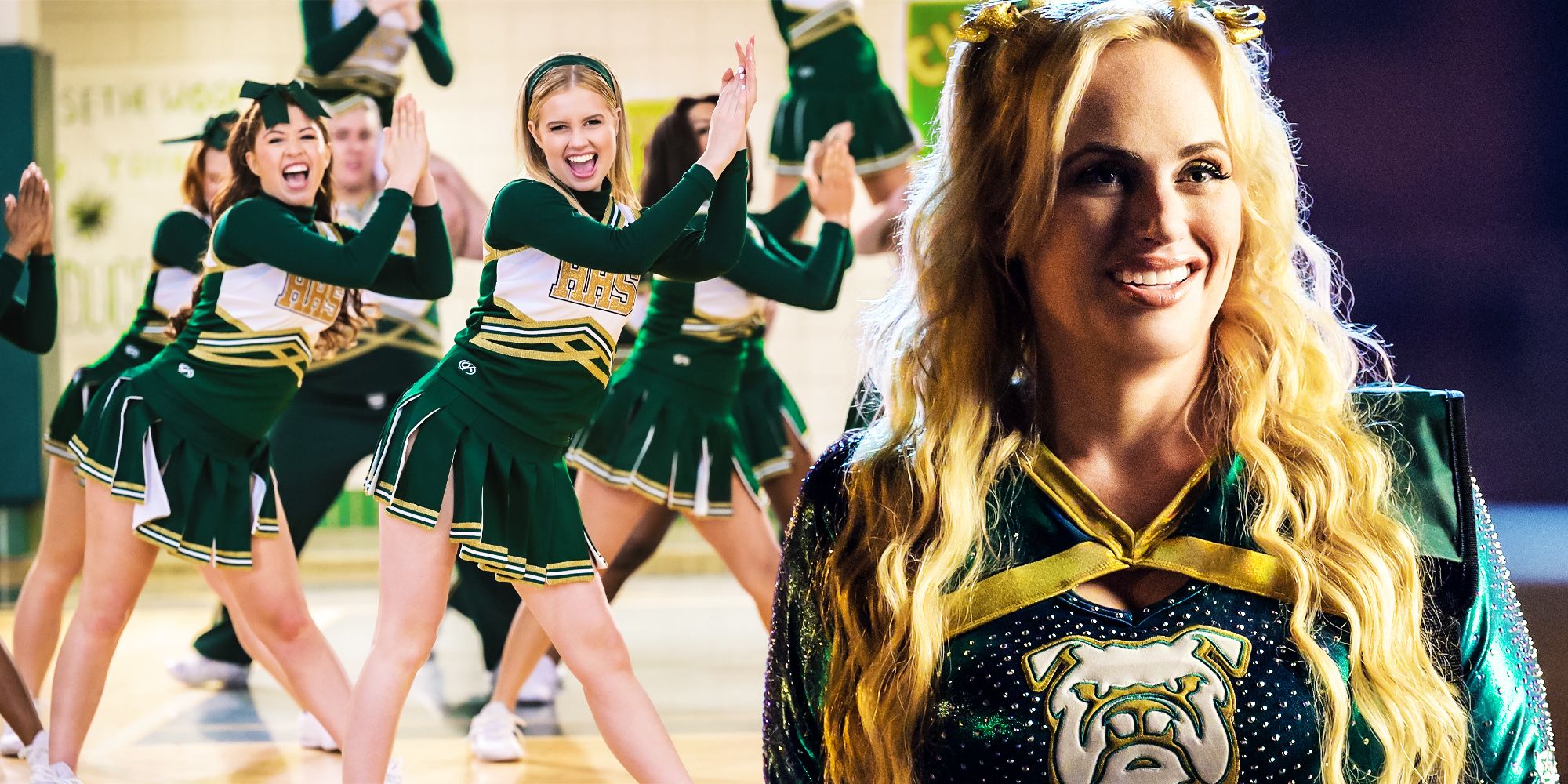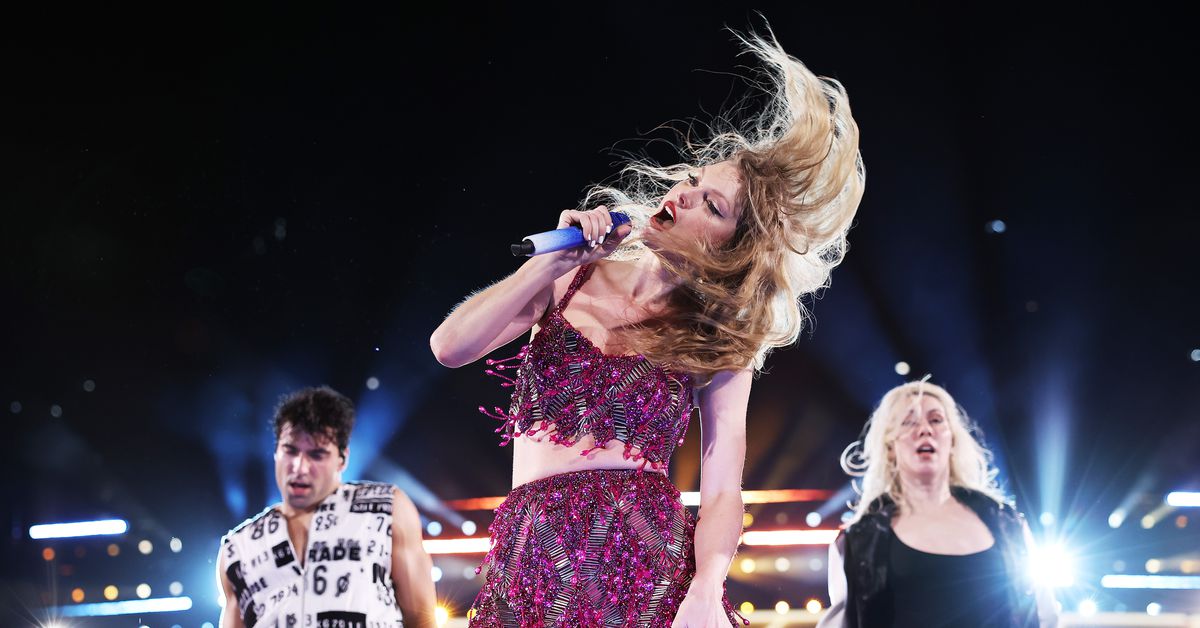
Senior Year Proves Hollywood's Millennial Nostalgia Obsession Has To End
Warning: Minor spoilers ahead for Senior Year
Senior Year proves Hollywood’s millennial nostalgia obsession has to end. A plethora of movies of late have attempted to capitalize on nostalgia. Reboots, remakes, and sequels to films from the 1990s or early aughts — including She’s All That, Charmed, Bel-Air, and Hocus Pocus sequel — are a dime a dozen lately.
Senior Year stars Rebel Wilson as Stephanie Conway, who lands in a 20-year coma after a cheerleading accident and wishes to relive her time as a high school senior after waking up. Stephanie was a senior in the early aughts — circa 2001-2002 — and the film is littered with reminders of that time period throughout. Even after Stephanie wakes up from her come, audiences are reminded of the era, especially in a scene that recreates Britney Spears’ music video for “(You Drive Me) Crazy.” Song choices, including Mandy Moore’s “Candy” and Nelly’s “Hot in Herre,” as well as the premise recall several fan-favorites like Bring It On, Never Been Kissed, and 13 Going on 30. Stephanie’s rival and mean girl Tiffany reminds everyone that she is MTV while Stephanie is VH1, once considered the inferior music channel.
The issue is Senior Year gets so caught up with referencing the early aughts that it forgets to have any depth to its story. Hollywood has been banking on nostalgia for a long time, but any millennial can simply play a song or turn on a streamer to watch shows from that time period. Turning nostalgia into an entire film’s personality is detrimental and stymies creativity. Such is the case with Senior Year, which directs a lot of energy towards reminding the audience what was once considered cool, but establishing a specific era shouldn’t have to be so coated with nostalgic reminders of the past just because it can. Stephanie dancing to Britney Spears’ choreography or singing along to Kelly Clarkson’s “A Moment Like This” and referencing Real World doesn’t add anything to the film.

Senior Year draws a lot of comparisons to Never Been Kissed the most (not in a mocking way), but the Drew Barrymore-led film wasn’t trying so hard to be something it clearly was not. Ultimately, when films employ nostalgia so much and focus on the story and characters so little, it only leads to the audience going off in search of the very things they reference, forgetting about the movie’s premise altogether. This is not to say that any movie laced with some nostalgia is inherently bad. Turning Red, the latest Disney Pixar animation, is an example of what it looks like to successfully incorporate bits of the past (the film is set in 2002) without relying so heavily on the nostalgia factor to uplift the story or make it memorable.
But the entertainment business is so hyper-focused on millennial nostalgia, in particular, that it often forgets what made the very films from the era memorable to begin with. Millennials don’t want the same repeat stories that have so little heart and thought; they likely want something fresh and interesting. Familiarity is one thing, but leaning so much on the fondness for the 90s and early aughts has become exhausting. It only leads to half-hearted attempts to rejuvenate something that is no longer around rather than crafting a film that will resonate with viewers and is not afraid to be itself. Senior Year is but one reminder of why millennial nostalgia in films needs to be featured far less, if at all.










































































